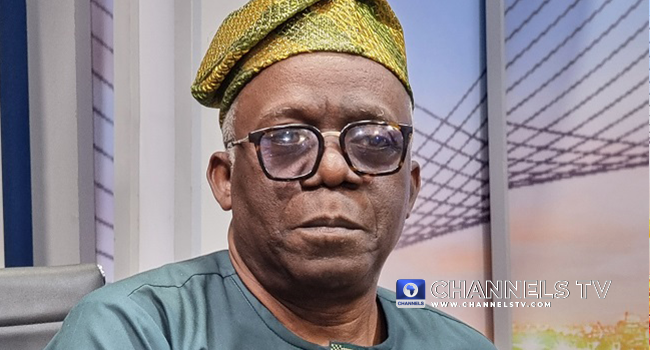Already suffering from a “small niggle” in his right ankle from playing for Real Madrid, Mbappe took two knocks during Friday’s 3-0 World Cup qualifying win over Azerbaijan in Paris, where he opened the scoring but was substituted before the end of the match.
The France captain’s absence adds to the long list of forwards unavailable for October’s World Cup qualifiers, which includes Ousmane Dembele, Desire Doue, Marcus Thuram and Bradley Barcola.
Mbappe “will not be able to play Monday against Iceland,” a French Football Federation (FFF) statement read.
READ ALSO: World Cup: We Were Under Pressure, Says Chelle After Slim Win

Related content
After returning to the Clairefontaine training ground on Friday night, “the French team captain spoke with (coach) Didier Deschamps,” who “acknowledged his absence”.
Mbappe “has been released to his club (Real Madrid) and will not be replaced,” the FFF added.
The French superstar had already been rested for training with Les Bleus during the week with the same issue.
Mbappe scored on the stroke of half-time and was then struck by a tackle from Rustam Ahmedzade. He took another knock to the same ankle late in the game, and was replaced by Florian Thauvin.

“He has a sore ankle and he took a knock there. He preferred to come off; the pain was quite significant,” Deschamps said after the French victory.
Adrien Rabiot and the substitute Thauvin were also on the scoresheet as Deschamps’s men remain unbeaten after three games and top of Group D.







